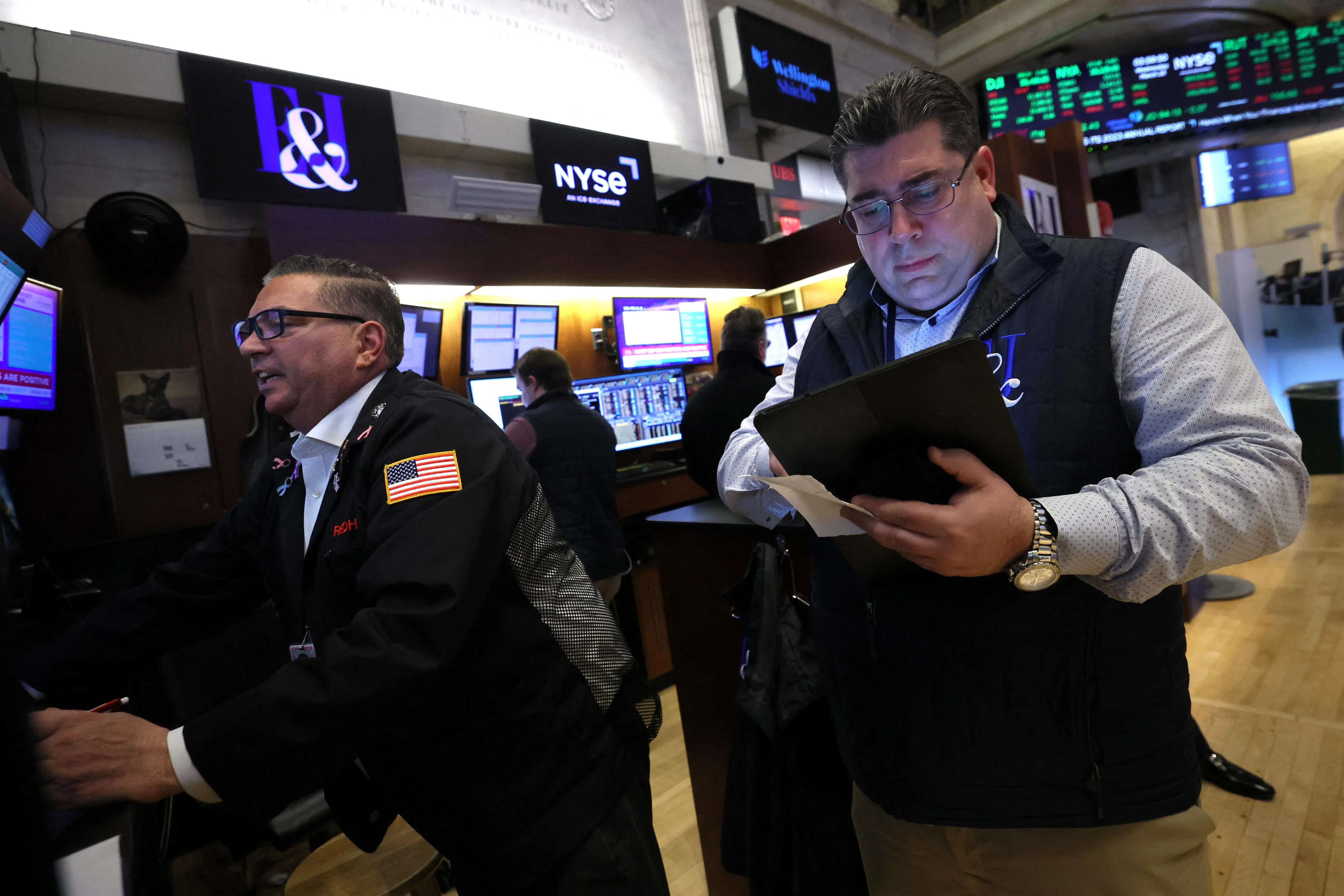Article content
OTTAWA — On the same day Canadians will see an increase in the federal carbon tax, MPs will also see a little extra on their pay stubs.
And with that April Fool’s Day pay increase, Canadian parliamentarians will become the second-best paid elected officials in the world after Americans.
Article content
According to numbers provided to the National Post by the office of the Speaker of the House of Commons, Canadian members of Parliament will get their customary pay raise on April 1 — resulting in increases of anywhere between $8,500 and $17,000 this year.
Advertisement 2
Article content
Right now, members of Parliament earn a base salary of $194,600 per year — but that’s due to rise to $203,100 on April 1.
The prime minister’s salary will see an increase of $17,000 to $406,200.
Eighty per cent of Canadians oppose the automatic April 1 MP pay increase, according to a Leger poll commissioned by the Canadian Taxpayers Federation.
In the online survey of 1,541 Canadians of voting age conducted between March 15 and 18, 62 per cent of respondents strongly oppose the pay raise and 18 per cent somewhat oppose.
Those who hold more senior roles or cabinet positions are entitled to additional remuneration — roles such as house Speaker, opposition leader or cabinet minister will be entitled to an additional $96,800 annually, plus car allowances.
That increase was $92,800 before April 1.
Other positions, such as House leaders, whips and committee chairs, are also entitled to a bump.
Recommended from Editorial
Chief government and opposition whips, for example, will earn an additional $36,000 on top of their regular salaries, while chairs of House committees — as well as rank-and-file members of the National Security and Intelligence Committee of Parliamentarians (NSICOP) — earn an extra $13,800.
Article content
Advertisement 3
Article content
“The federal government is more than $1 trillion in debt, taxpayers are struggling to afford basic necessities and MPs don’t deserve raises, so this is the perfect time to stop rubber-stamping the pay raises politicians give themselves every year,” said Franco Terrazzano of the Canadian Taxpayers Federation.
“MPs stopped pay raises in the past and they should stop this year’s pay raise.”
Under legislation, parliamentarian’s raises are based on average wage increases granted by large public sector companies.
Salaries for MPs are overseen by the House’s Board of Internal Economy — a shadowy committee chaired by the Speaker and consisting of privy council members and senior opposition party members.
Last week, the Liberals unveiled changes that would move the next federal election ahead a week, greatly increasing the number of MPs who qualify for a House of Common pension.
Pensions depend on lots of things, Terrazzano said, but are largely based on salary — so those are bound to go up too, he said.
MPs have frozen their salaries before during hard economic times.
Advertisement 4
Article content
In reaction to the 2008-09 global financial crisis, the Stephen Harper government froze salaries for MPs and senators between 2010 and 2013.
With the federal budget just weeks away, no word has leaked about another potential wage freeze.
“MPs should know better than to give themselves raises while their constituents are worried about rising mortgage payments and struggle to feed their families,” Terrazzano said.
“It’s not rocket science: MPs should do the right thing and stop their upcoming pay raise.”
Canadian MPs are among the best-paid politicians in the world.
According to data published by online aggregator politicalsalaries.com, after April 1 Canadian MPs will rank only behind the United States in how much world politicians earn.
The United States pays elected members of Congress an average of US$174,000 annually (C$236,433).
That’s now followed by Canada’s new MP salary of $203,100, followed by Israeli Knesset members (C$200,700), Australian MPs (C$200,175), and Singapore’s parliamentarians (C$192,500).
Members of the UK Parliament, in comparison, only earn C$144,400 annually.
Advertisement 5
Article content
German Bundestag members earn C$186,859 annually, while members of Italy’s Camera dei deputati take home C$184,095 per year.
When it comes to world leaders, Singapore still comes out on top, paying their prime minister the equivalent of C$2,217,188.82 in 2023.
The $543,562 earned by the U.S. president came second, followed by the Australian PM’s $520,332 salary.
Canada’s prime minister ranked sixth, between the C$420,527 earned by Austria’s chancellor, and the C$383,909 salary of the prime minister of New Zealand.
The Leger poll found that just 14 per cent were in favour of the pay rise, with just two per cent expressing strong support.
As margins of error don’t apply to web panels, a comparable probability sample would have a margin of error of +/- 2.5 pert cent, 19 times of out 20.
National Post
bpassifiume@postmedia.comx.com/bryanpassifume
Our website is the place for the latest breaking news, exclusive scoops, longreads and provocative commentary. Please bookmark nationalpost.com and sign up for our newsletters here.
Article content








